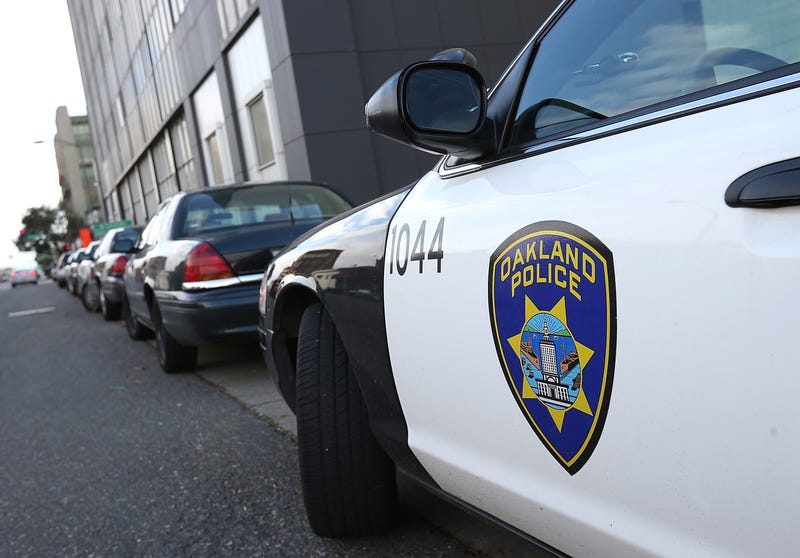
Oakland has had at least 100 homicides in consecutive years for the first time since 2011 and '12, according to city officials and data previously submitted to the Federal Bureau of Investigation's Uniform Crime Reporting program.
Police Chief LeRonne Armstrong said Monday afternoon during a press conference that officers are now investigating Oakland's 100th homicide of 2021 after a man sustained multiple gunshot wounds and was found dead near the Coliseum BART station on Monday morning.

Last year, 109 people were killed in Oakland, the highest since 2012. That year, 127 people were killed. Another 104 were killed in 2011, according to data the department reported to the FBI.
"If this is not a calling to everyone else in this community that there is a crisis, I don't know what is," Armstrong said at the beginning of his press conference, following a 100-second moment of silence.
Armstrong, who has repeatedly criticized the Oakland City Council's vote earlier this summer to direct less money to the police department's budget than Mayor Libby Schaaf's proposal, said at the beginning of his press conference his remarks were not about "finger-pointing," "political issues," "should we have more officers or how we address gun violence."
Later, when a reporter present asked him about the Oakland City Council's scheduled vote Tuesday to authorize two additional police academies beyond the four already scheduled over the next few years, Armstrong said he believed the city’s increase in violent crime coincides with "a severe staffing shortage."
The department currently has 695 officers, Armstrong said, when the city is authorized to have 42 more. The Oakland Police Department had fewer officers as recently as March 2015, when the city had 690 officers and was authorized to have 32 more. The department entered 2015 with as many sworn officers as Armstrong said there are now, following a year in which Oakland had reported fewer killings (80) than all but three years in the preceding 20, according to data the department provided to the FBI.
Armstrong also indicated he was frustrated at what he perceived to be a lack of collective outrage over gun violence in Oakland.
"We can scream and yell about anything that the police department does wrong," he said. "But in this time, we can't speak up about what's plaguing all of us, and that's gun violence."
Armstrong said the department will continue to prioritize its "Ceasefire" strategy in order to reduce violence, and it will also work alongside the Department of Violence Prevention to provide support to people "willing to accept those services."
"We hate to reach a point where enforcement needs to be leveraged, but in this case, it’s clear that there are some that will not put down guns and we have to address it through accountability," Armstrong said.

